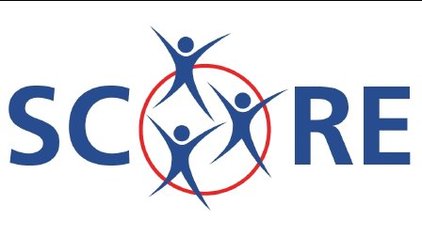2024, the first year of new quality productivity!
New quality productivity, characterized by innovation, is essentially advanced productivity!
New quality productivity refers to a new type of productivity that is based on science and technology, centered on information technology, guided by intelligence, supported by greening, and characterized by service. New quality productivity sounds abstract, but it is not difficult to understand. It mainly reflects the qualitative changes brought about by workers, labor tools, labor materials, and their optimized combinations, and is measured by improving total factor productivity.
In short, New Quality Productivity is the science and art of how to produce and work more efficiently and with better quality.
From an industrial perspective, it covers almost all strategic emerging and cutting-edge industries.
From a policy perspective, the relevant strategies for cultivating new productive forces may mainly focus on three aspects: technological self-improvement, digital economy, and green transformation. These include the following three areas:
In the field of technological self-improvement, such as semiconductor equipment and components, the entire industrial mother machine industry chain, advanced materials, advanced medicine and other high-end manufacturing fields.
In the field of digital economy, such as artificial intelligence, domestic computing power, data elements, etc.
Green transformation fields, such as hydrogen energy, nuclear energy, energy storage, photovoltaics, power grid equipment, power IT, etc.
Question: How should SCORE Academy's training and consulting serve the development of new quality productivity?
The following are more specific SCORE training courses related to new quality productivity:
I. Innovation management
Innovative thinking and methods: Introduce the concept, types, and importance of innovation, as well as the methods and techniques of innovative thinking, such as brainstorming, six thinking hats, etc.
Innovation Management System: Explain how to establish an innovation management system, including innovation strategy, innovation organization, innovation process, etc.
Innovation Practice: Through case analysis and practical operation, students can understand how to apply innovative concepts and methods to enterprise practice, and improve the innovation ability and competitiveness of enterprises.
II. Quality management
Basic concepts of quality management: introduce the definition, principles, and importance of quality management, as well as the composition and operation of the quality management system.
Quality management tools and methods: Explain commonly used quality management tools and methods, such as Statistical Process Control, Cost of Quality Management, XiGeMa Plaza, etc.
Quality Management Practice: Through case analysis and practical operation, students can understand how to apply quality management concepts and methods to enterprise practice, and improve the quality of enterprise products and services.
III. Production planning and control
Production Plan Preparation: Explain how to develop a production plan, including types of production plans, preparation methods, and considerations.
Production control methods: Introduce commonly used production control methods, such as Kanban management, lean production, ERP systems, etc.
Practice of Production Planning and Control: Through case analysis and practical operation, students can understand how to apply production planning and control concepts and methods to enterprise practice, improve enterprise production efficiency and productivity.
IV. Supply chain management
Basic concepts of supply chain management: introduce the definition, scope, and importance of supply chain management, as well as the goals and principles of supply chain management.
Methods and Tools for Supply Chain Management: Explain commonly used methods and tools for supply chain management, such as supplier management, logistics management, inventory management, etc.
Supply Chain Management Practice: Through case analysis and practical operation, students can understand how to apply supply chain management concepts and methods to enterprise practice, improve the efficiency and competitiveness of the enterprise's supply chain.
V. Human Resources Planning
Basic concepts of Human Resource Planning: Introduce the definition, scope, and importance of Human Resource Planning, as well as the goals and principles of Human Resource Planning.
Methods and Tools for Human Resource Planning: Explain commonly used methods and tools for Human Resource Planning, such as recruitment and selection, training and development, Performance Mangement, etc.
Human Resource Planning Practice: Through case analysis and practical operation, students can understand how to apply Human Resource Planning concepts and methods to enterprise practice, improve employee performance and productivity.
